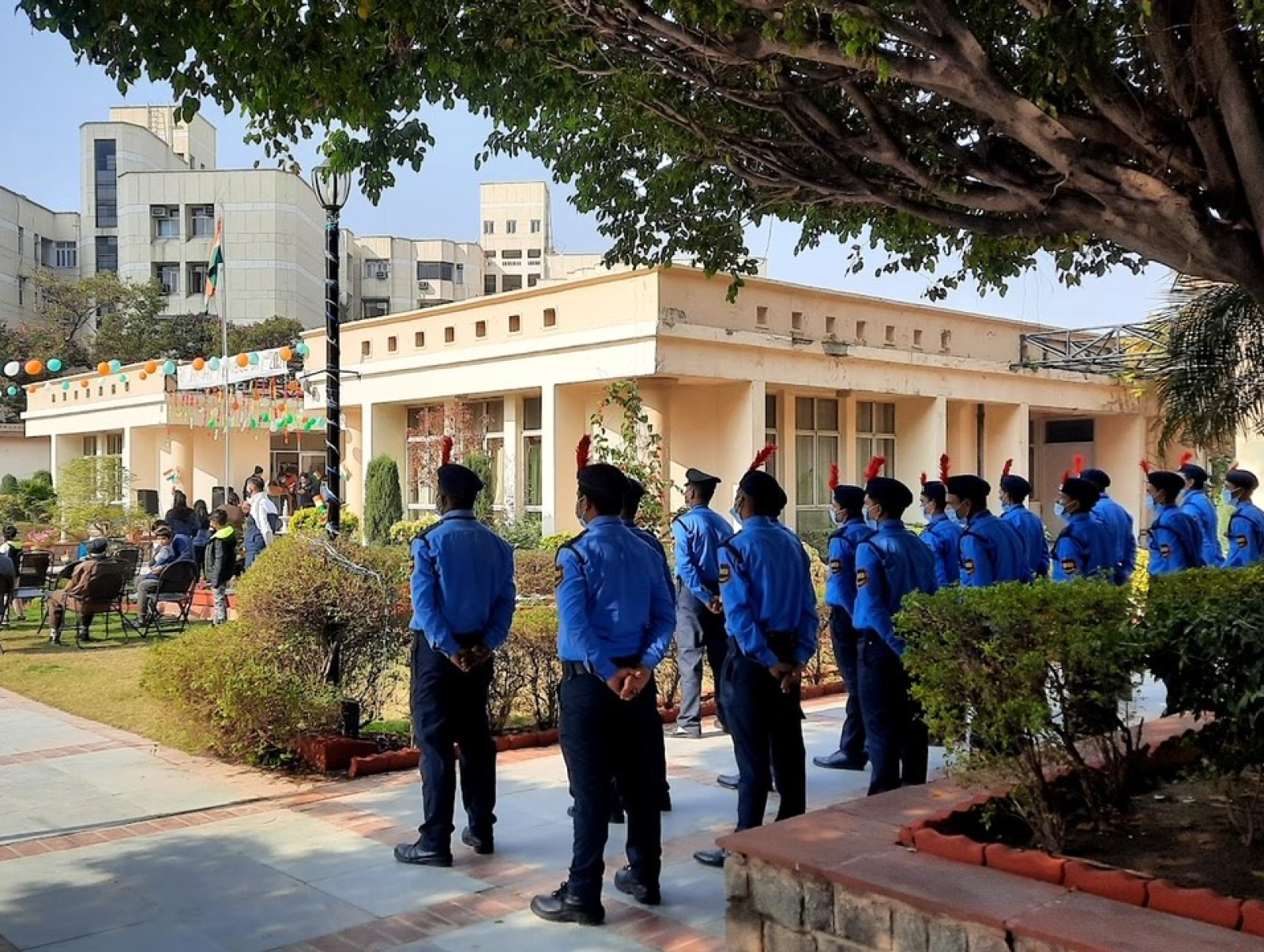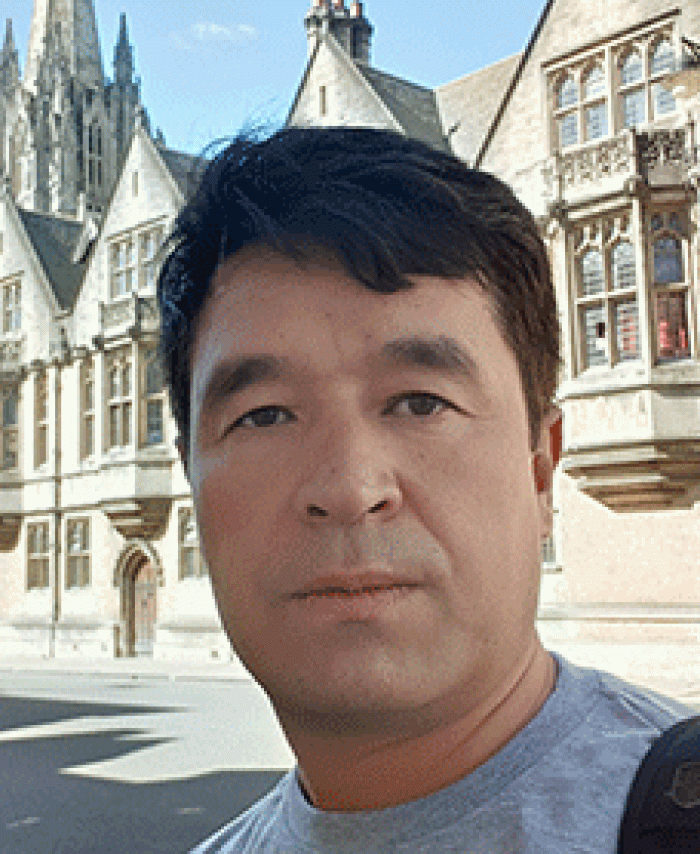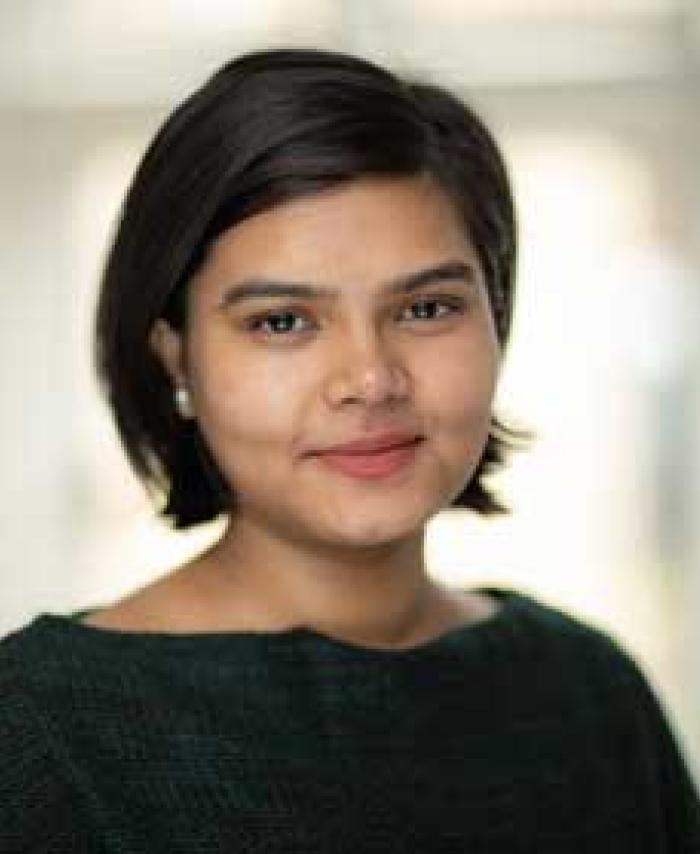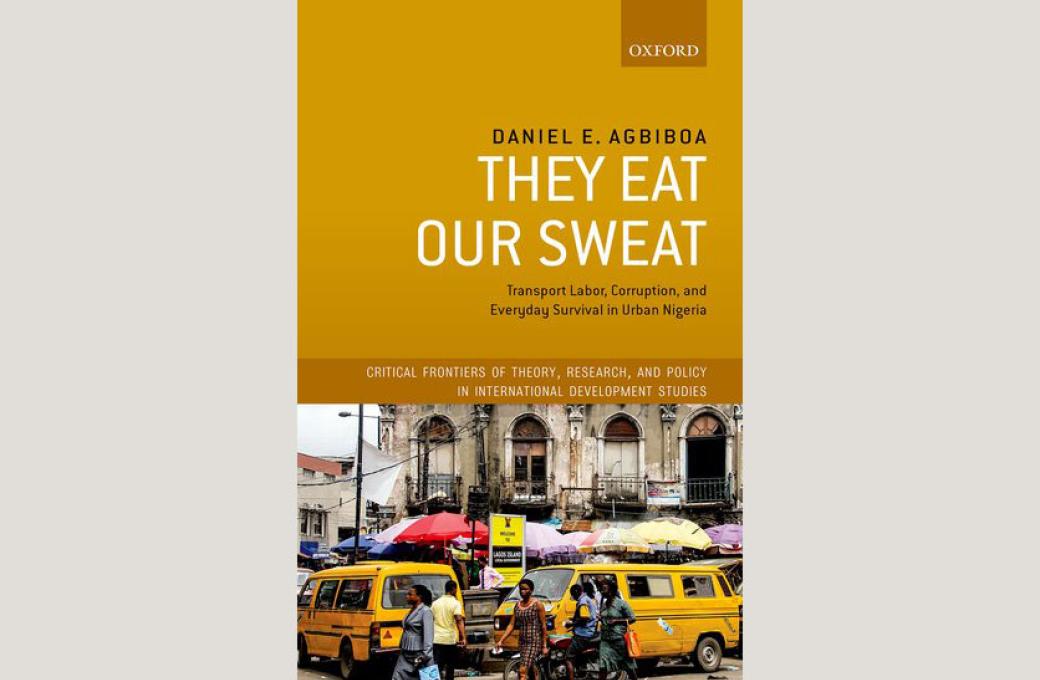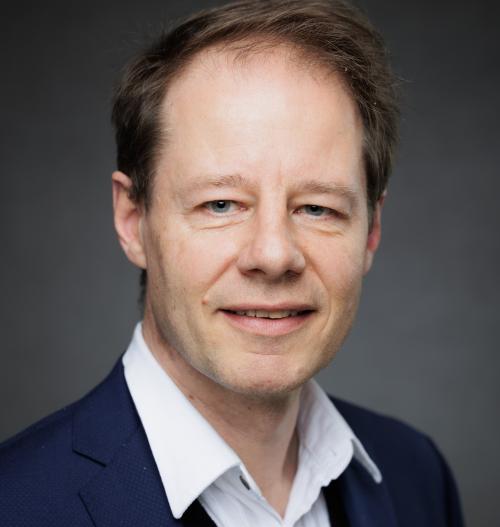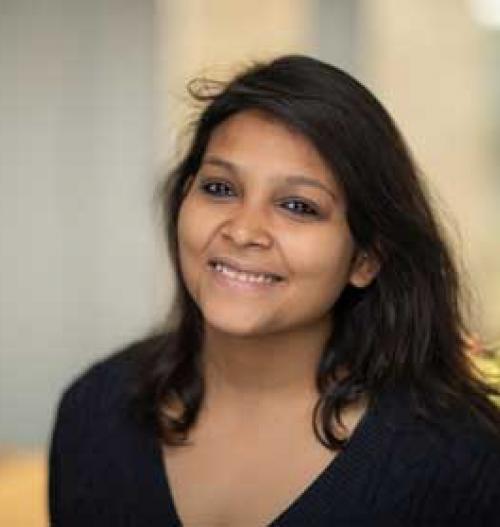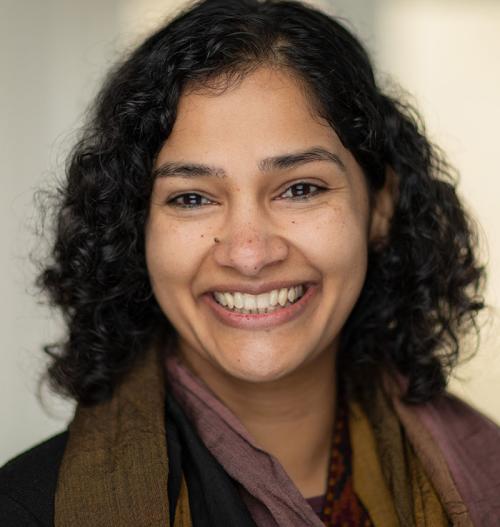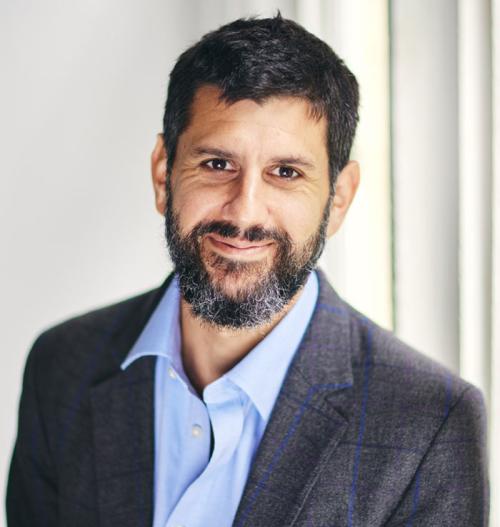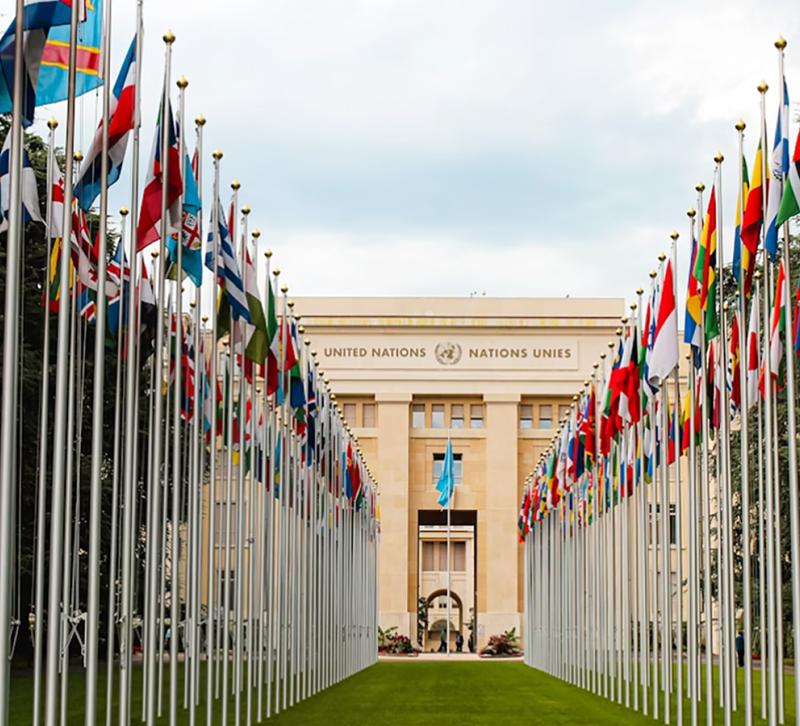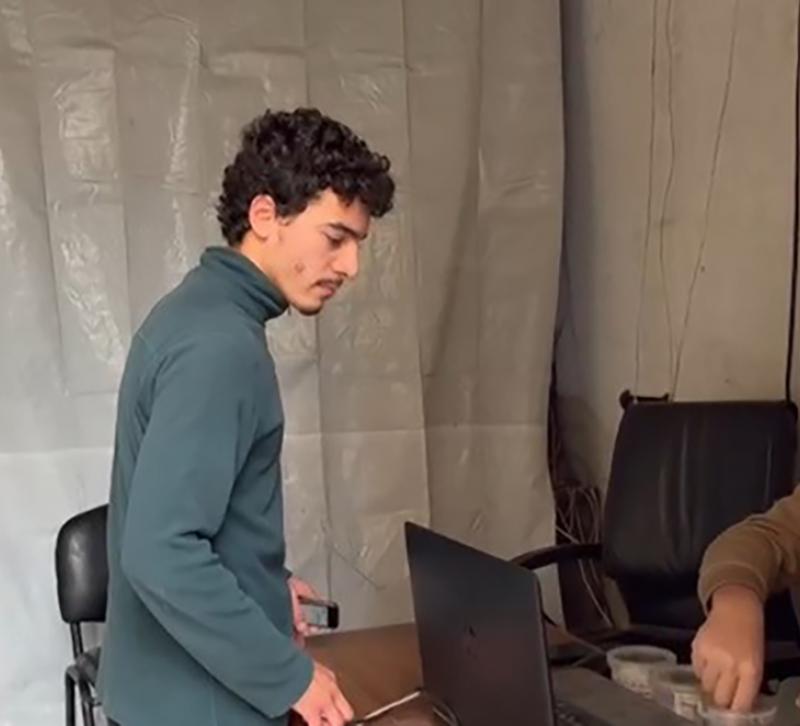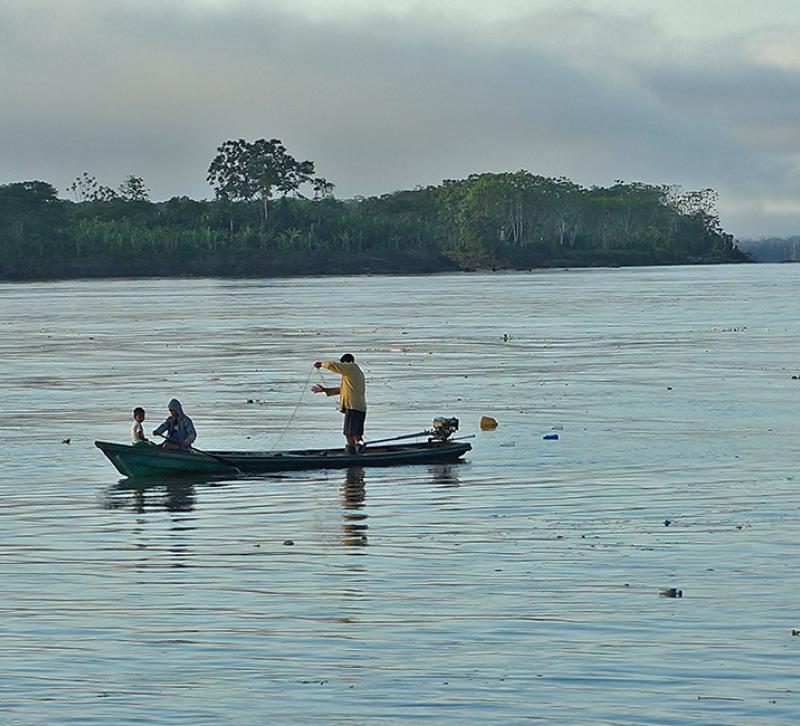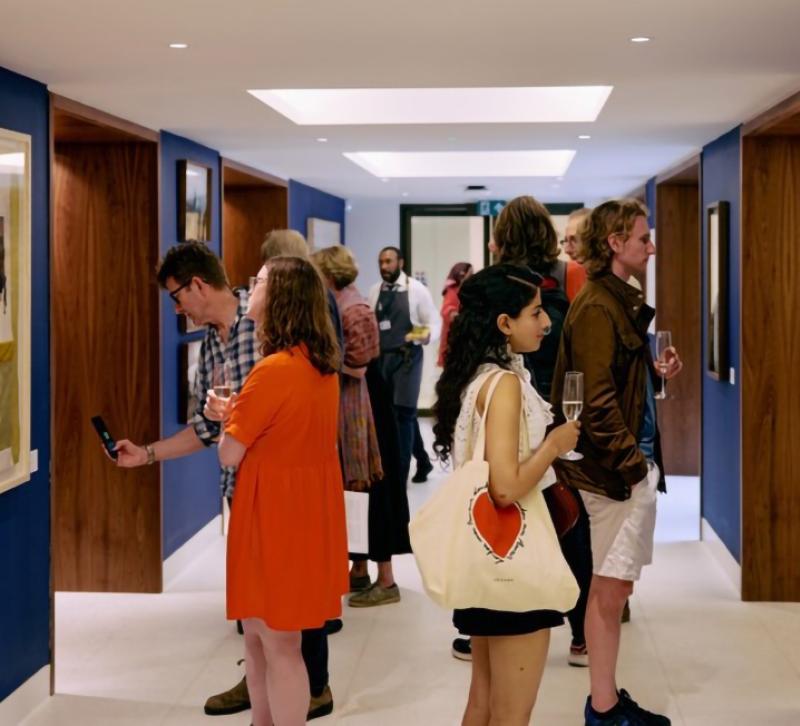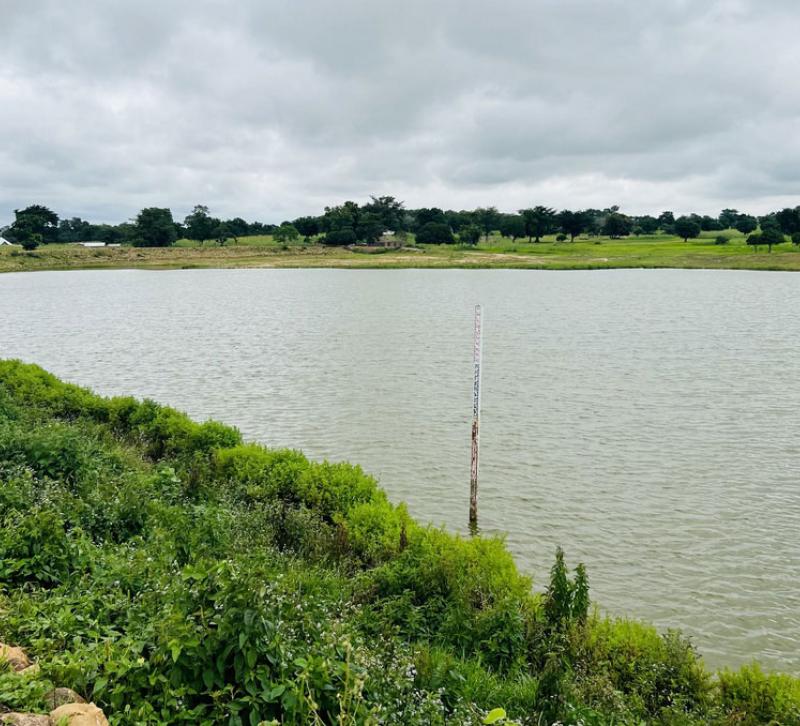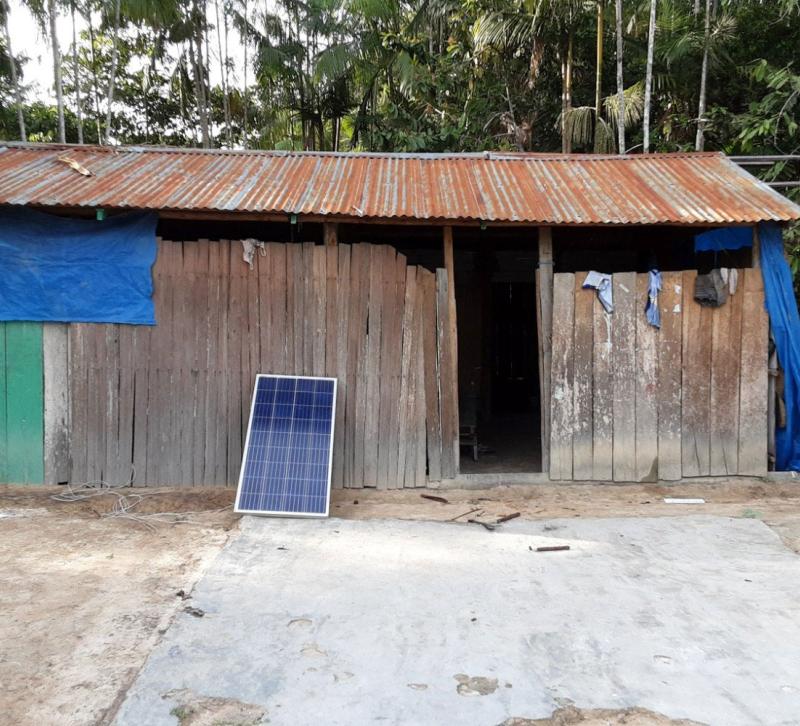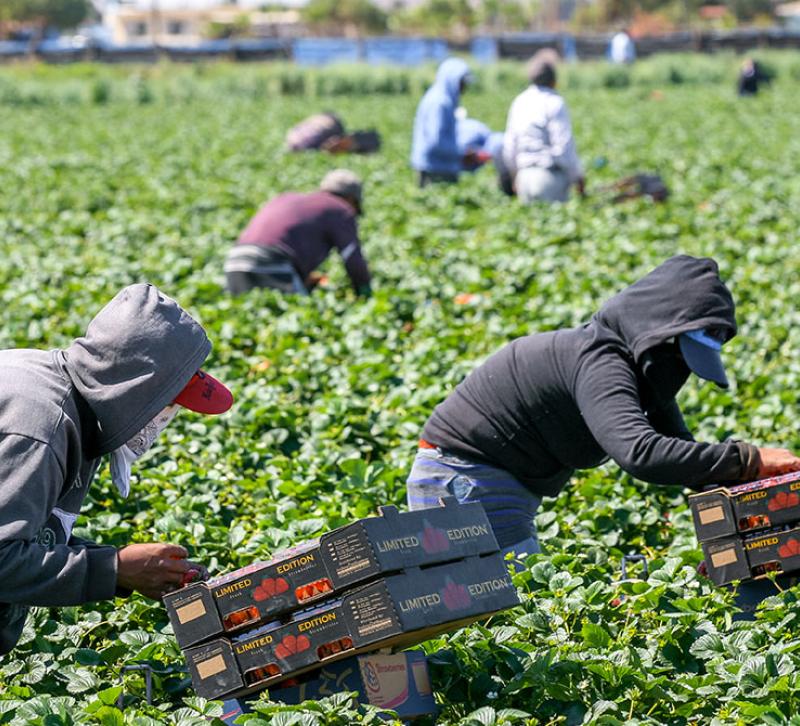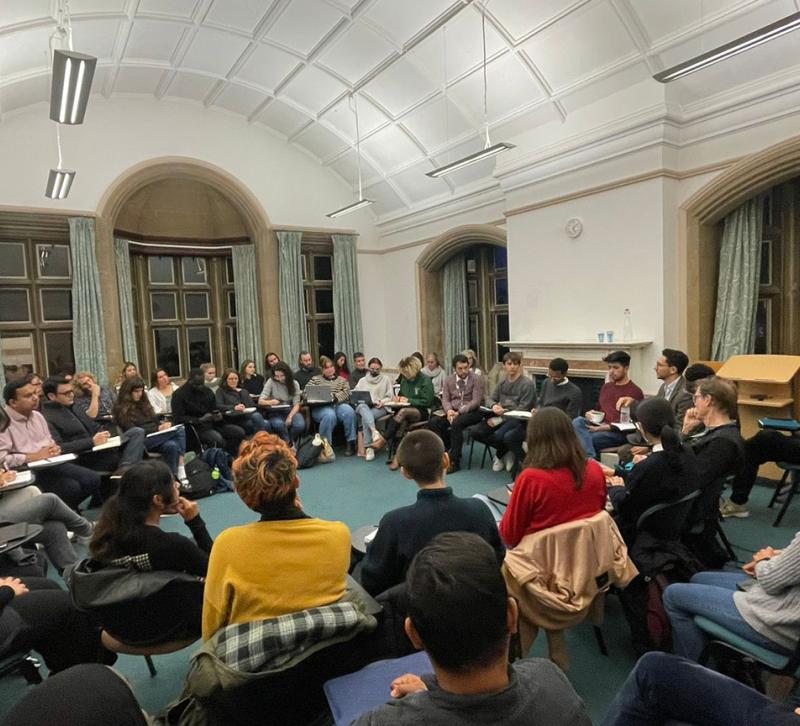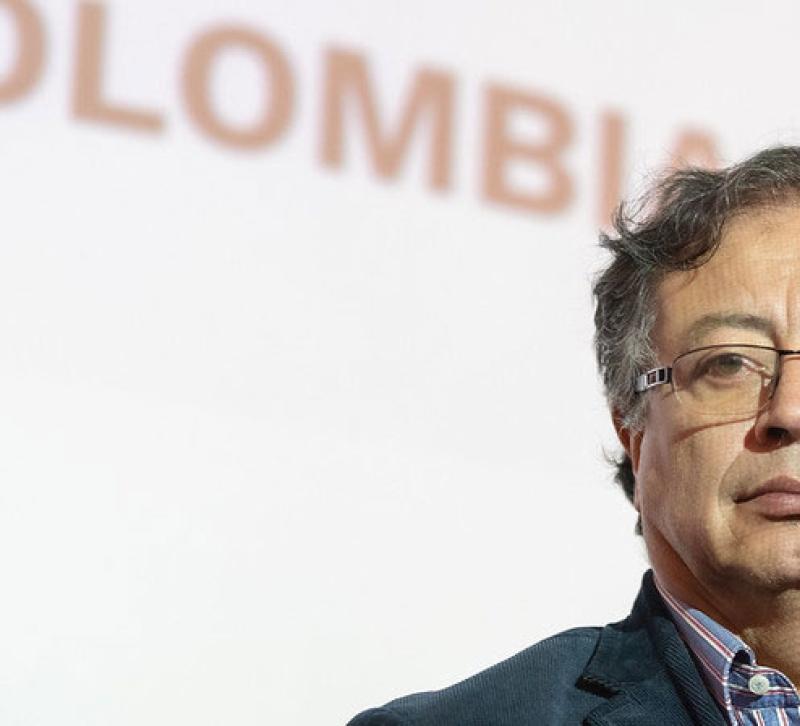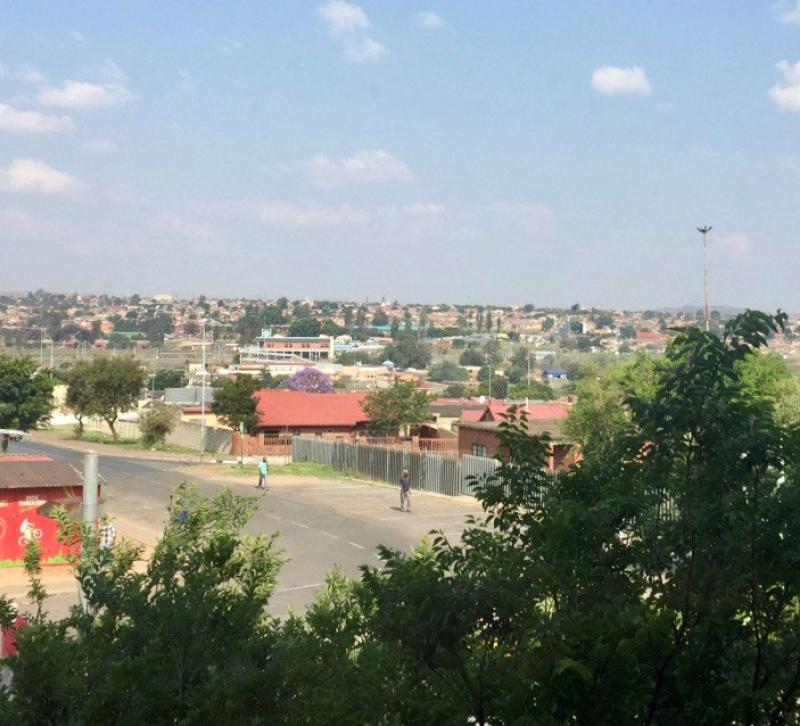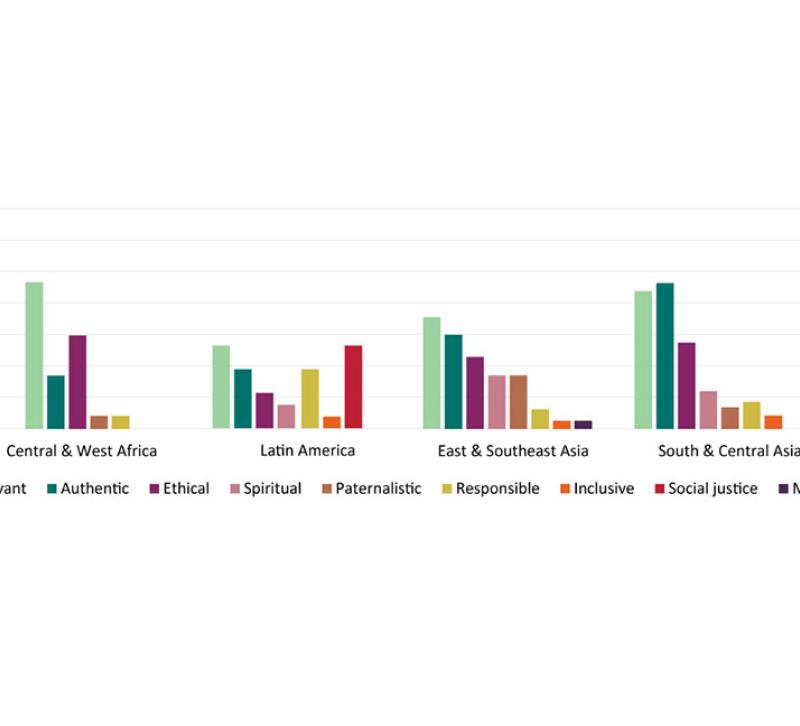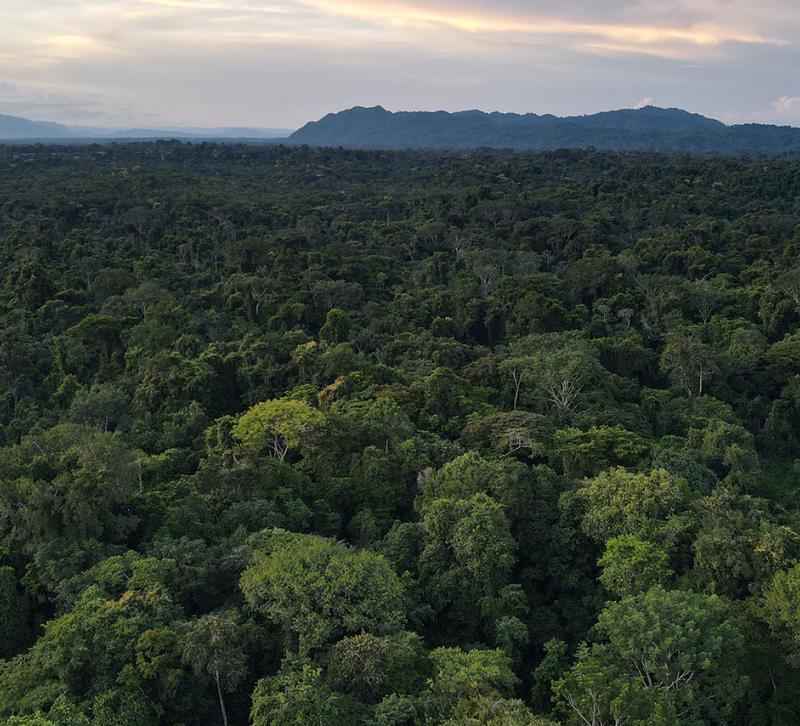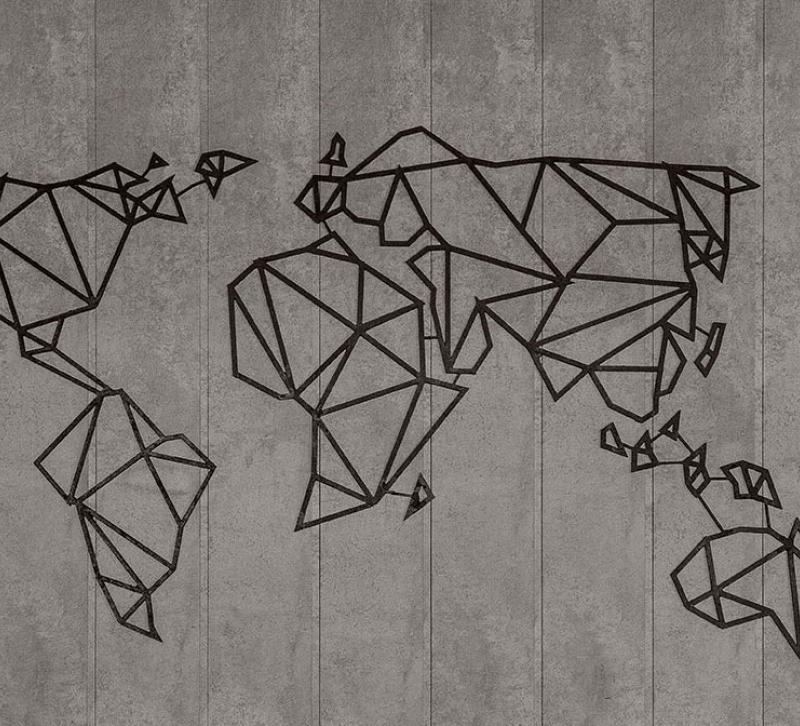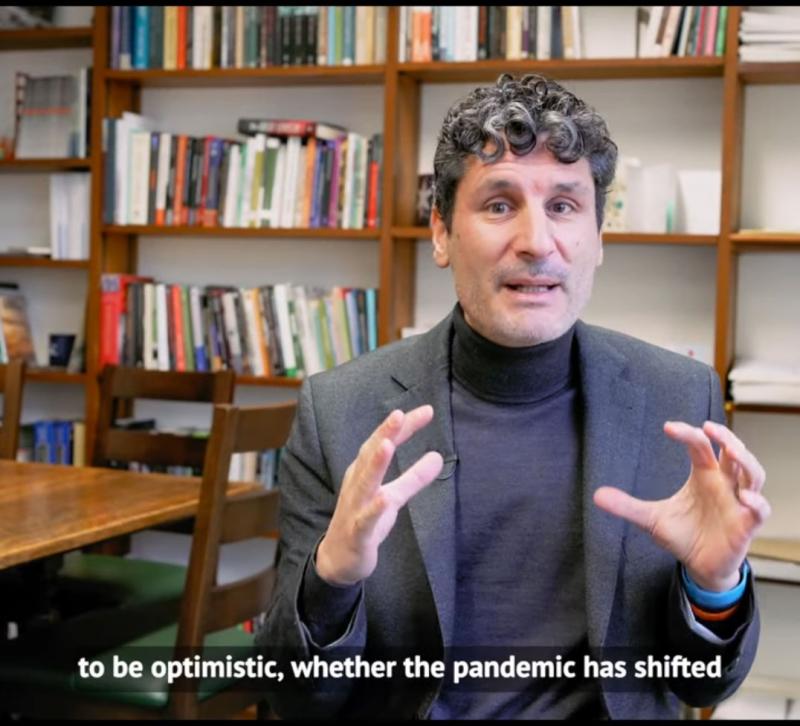Development, as managed change, is an inherently political process. The exercise of power and resistance to it are at the heart of that process. Research on development, therefore, requires a critical approach to the state and dominant institutions – local, national and international – and an analysis of how power is created and contested at multiple levels.
Our research is characterised by strong disciplinary roots in history, politics, political economy, anthropology and international relations; an interdisciplinary empirical research methodology; and primary fieldwork.
We have internationally recognised strength in regional specialisms and conduct deeply grounded study of particular areas of the global South (Africa, Latin America, South Asia), focussing on analysis from the vantage point of the disadvantaged, linking micro and macro politics.
Research on this theme addresses struggles over land and labour; the drivers and consequences of inequality in a comparative perspective; the environment and natural resources; indigenous communities; knowledge production; global health politics and epidemics; religious identity; urban politics; new forms of work; violence, gender and youth; state power, the law and political mobilisation; the long-term effects of armed struggle and liberation wars; conflict and international peace-keeping; and the politics of digital surveillance, international diplomacy and global cyber-terrorism.

